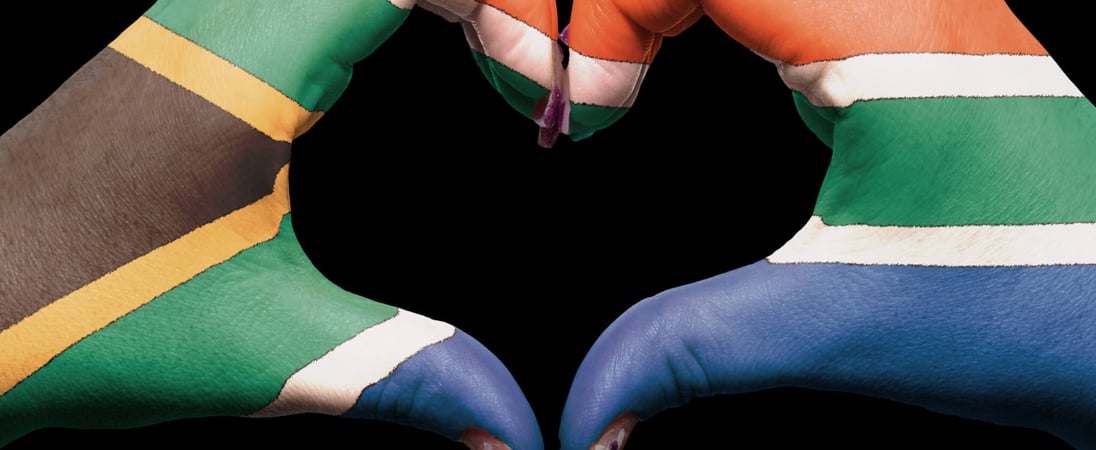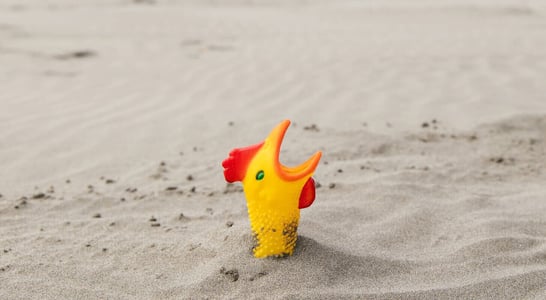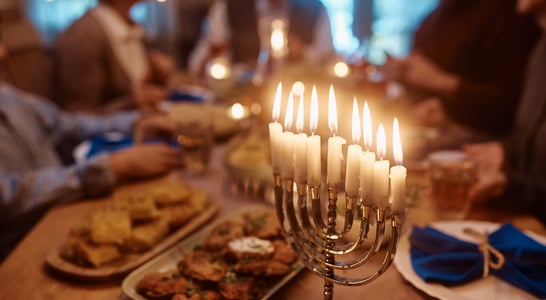
Day Of Reconciliation
Marking the beginning of a new era in South Africa's history, this historical event led to a more equitable society.
They say that all good things come to an end, thankfully this remains true for horrid atrocities as well. One such ending took place in 1991 with the ending of apartheid, a system of racial segregation that existed in South Africa on the back of legislation introduced by the National Party.
The Day of Reconciliation was introduced as a way to heal the rift between the people of South Africa, and bring harmony to a nation still suffering from decades of injustice.
How to Celebrate Day of Reconciliation
Celebrating the Day of Reconciliation involves a deep look at our lives and the world that we live in. Consider some of these suggestions:
Get Educated About Colonialism
Take some time to educate yourself on colonialism and how it affected, and still affects the people who suffered under it.
Colonialism and racism often go hand in hand, and their effects don’t end with the people who lived under them, but carry down through their children and grandchildren.
Systems of governance and societal pressures don’t change overnight, so spend your day learning how to dig the last roots of it out of your neighborhood and country.
Engage with South African History
Take some time to learn more about the history of South Africa on the Day of Reconciliation. Nowadays, it is easy to read on a subject thanks to the Internet.
You will also find that there are a lot of great films and books about the history of South Africa, so why not watch or read one of them on this date? You may feel like you have a good understanding of the history of the country, but there is always something more that you can learn.
Consider Nelson Mandela
You can also spend some more time learning about the most influential figures in South African history. Of course, the obvious place to start here is with Nelson Mandela.
Mandela was South Africa’s first black head of state, and his story is an incredible one, with him serving 27 years in prison.
Watch Great South Africans
There is even a TV show called ‘Great South Africans’ whereby people voted for their greatest South African of all-time.
You may want to hunt down this television program so that you can find out more about the incredible people that did amazing things for their country.
Learn About Day of Reconciliation
The Day of Reconciliation has been created to mark the end of apartheid, which means it started in 1995. The purpose of this day was to foster unity and reconciliation across the country.
The reason the date was selected is that it is significant to both African and Afrikaner cultures. The government purposefully selected a date that would be meaningful for both ethnic groups in an attempt to create racial harmony.
There is no denying that this is one of the most significant and important dates in history. It is a day when everyone is encouraged to remember the past history of the country.
There are a number of festivities that take place on this date, along with marches, and recognition of the contributions of veterans.
While the date is an important one in South African history, it is also a day that is honored all around the world.
After all, everyone can appreciate the importance of building bridges and working on healing. It is a sad fact that there are a lot of ethnic groups that feel underappreciate and discriminated against all around the world.
On Day of Reconciliation, the best thing that we can do is work on healing any damage and moving forward!
History of Day of Reconciliation
The history of the Day of Reconciliation is the history of a nation suffering under the auspices of colonialism and the inherent racism that existed as a part of this practice.
While apartheid became legislated in 1948, racial segregation had been a reality in South Africa since the reign of the Dutch Empire in 1652, and saw no change when the British took possession of the country in 1795.
Things only got worse in 1950 when non-white political representation was abolished in the country. While it served to deeper entrench the policies of racial segregation, it also sparked off a series of rebellions, violence, and a trade and long arms embargo against the country.
The date for the Day of Reconciliation was selected due to its significance to both the Afrikaner and African people. For the Afrikaner it was known as the Day of the Covenant, a religious holiday celebrating a victory over the Zulus by the Voortrekker’s in 1838 at the Battle of Blood River.
For the Africans it was a day of one of an important protest in 1910 against racial discrimination. In 1961 the Umkhonto we Sizwe, the “Spear o the Nation”, was established, an armed force of the ANC.
The first acts of sabotage and violent resistance against the apartheid leaders also happened on that day in history.
Every year, there is a different theme for this date, and we would definitely recommend looking into these themes. They can help to give you a sense of direction in terms of how you should honor the date on that specific year.
For example, some of the themes that have been in place over the years include:
- The Year of Nelson Mandela and Albertina Sisulu: Liberators for Reconciliation
- Bridging The Divide Towards A Non-Racist Society
- Building a Common South African Nationhood towards a National Development State
Day Of Reconciliation FAQs
How did the Battle of Blood River influence the Day of Reconciliation?
The 1838 Battle of Blood River was a pivotal conflict between the Voortrekkers and the Zulu Kingdom.
Afrikaners commemorated this victory annually. By choosing December 16th for the Day of Reconciliation, South Africa acknowledges this history while promoting unity.
What is the significance of Umkhonto we Sizwe in relation to this day?
Umkhonto we Sizwe, the armed wing of the African National Congress, was founded on December 16, 1961, to oppose apartheid.
This date honors their commitment to justice and aligns with the day’s theme of reconciliation.
How do South Africans celebrate the Day of Reconciliation?
Celebrations vary, including parades, cultural events, and community gatherings. Activities focus on bridging divides and fostering understanding among diverse groups.
Are there misconceptions about the Day of Reconciliation?
Some believe it’s solely a public holiday without deeper meaning. In reality, it’s a day dedicated to reflecting on past injustices and promoting national unity.
How does the Day of Reconciliation differ from other national holidays?
Unlike holidays that celebrate specific events or individuals, this day emphasizes healing and unity across all communities, addressing the nation’s collective past.
What role do educational institutions play on this day?
Schools and universities often host discussions, workshops, and cultural performances to educate students about the importance of reconciliation and shared history.
How does the Day of Reconciliation impact South Africa’s future?
By fostering dialogue and understanding, the day aims to build a cohesive society, addressing past wounds to create a more inclusive future.
Is the Day of Reconciliation unique to South Africa?
While South Africa’s observance is unique, other nations have similar days promoting unity and healing, reflecting a global recognition of reconciliation’s importance.
How can individuals contribute to the spirit of the Day of Reconciliation?
Engaging in community service, attending cultural events, and educating oneself about the nation’s history are meaningful ways to honor the day’s purpose.
What challenges does the Day of Reconciliation address?
It confronts the lingering effects of apartheid, aiming to mend societal divisions and promote equality and mutual respect among all South Africans.
Also on ...
View all holidaysNational Chocolate Covered Anything Day
Indulge in a chocolate fountain or fondue to dunk any treats you fancy or drizzle your favorite desserts in delicious sauce and syrup.
Stupid Toy Day
From whoopee cushions to rubber chickens, these silly toys can lighten up any mood and make even the grumpiest person smile.
National Barbie and Barney Backlash Day
Offering youngsters engaging and thought-provoking amusement, something a tad more mentally stimulating than the usual childhood favorites.
Hanukkah
The festival of lights — a time for family, delicious eats, and stories that remind of hope's enduring glow in the darkest times.




